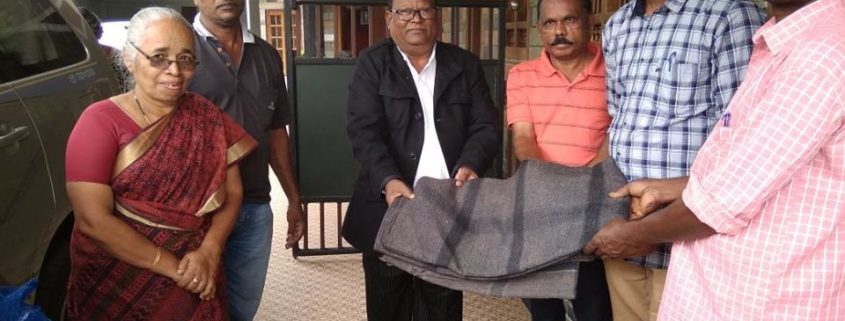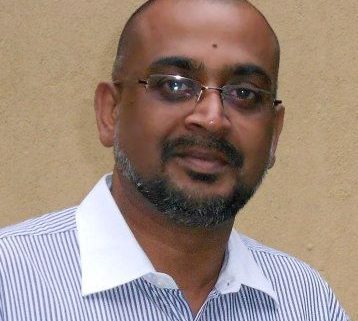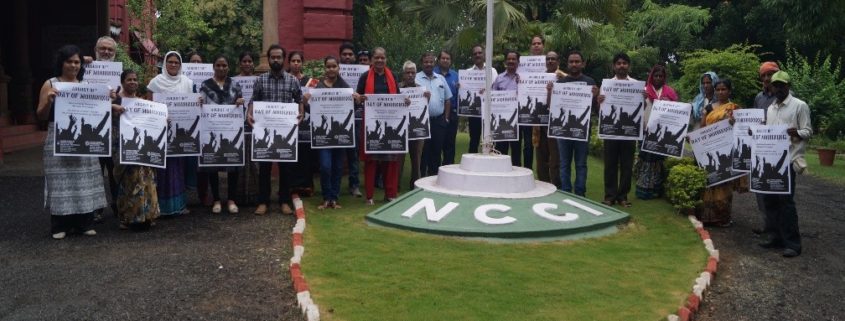
International Prayer Day for Peace (21st September 2018)
Peace Sunday (23rd September 2018)
Theme: The Right to Peace
(An invitation to Celebrate Universal Declaration of Human Rights at 70)
Each year the International Day of Peace is observed around the world on 21 September. The General Assembly of the United Nations has declared this as a day devoted to strengthening the ideals to inculcate the culture of Peace, both within and among all nations and peoples.
António Guterres, the Secretary General of the United Nation’s Organisations states: “It is time all nations and all people live up to the words of the Universal Declaration of Human Rights, which recognizes the inherent dignity and equal and inalienable rights of all members of the human race. This year marks the 70th anniversary of that landmark document.” As we all know, the Universal Declaration of Human Rights (UDHR) is a milestone document in the history of human rights. Drafted by representatives with different legal and cultural backgrounds from all regions of the world, the Declaration was adopted by the United Nations General Assembly in Paris on 10 December 1948 as a common standard of achievement for all peoples and all nations. Therefore the UNO calls the globe to celebrate the UDHR on the 21st September 2018. This observation affirms the Sustainable Development Goal No 16.
INTERNATIONAL PRAYER DAY for Peace (21 September):
Along with the UN, the World Council of Churches invites Churches and all the faith and peace loving communities to observe the International Day of Prayer for Peace. Observances of the peace prayer day began in 2004 during a meeting between the then WCC General Secretary Rev. Dr. Samuel Kobia and UN Secretary General Kofi Annan.
For the past nine years, the erstwhile Commission on Justice, Peace and Creation, and the present Unity and Mission ministry of the National Council of Churches in India have been facilitating and working with the Indian Churches to ensure that this day addresses the issues related to peace and societal harmony.
The Indian Churches are committed to Peace wherever there are conflicts such as Iraq, Egypt, Sri Lanka, Palestine and other places including India where unjust and inhuman policies and politics are waging war against the innocent public. The NCCI joins the global communities who seek peace and demand suitable mechanisms for ‘truth and reconciliation’. On 3rd February 2014, at the NCCI’s Centenary Symposium, the South Asian National Councils have decided to work on a common theme ‘Peace and Human Security in South Asia’.
This year the World Council of Churches is calling the world-wide Church to observe a week of prayer for the Peace in Palestine. With this inspiration the National Council of Churches in India calls churches to pray for Peace in India and other parts of the world, including Palestine.
PEACE SUNDAY (23 September 2018):
The Unity and Mission ministry of the National Council of Churches in India, invites all NCCI Constituent Members, Interfaith and Peace Loving Individuals and Communities to creatively observe the Prayer Day for Peace in India as a pledge-taking event at their respective congregations, communities and institutions.
This observance would offer opportunities for all of us to support the peace campaign widely and to reaffirm the words of Jesus ‘ … blessed are the peace makers (Mathew 5: 20)‘ by ministering towards the Right of Peoples to Peace in order to recognize the call of God in promoting peace in our region.
As we are aware there are several issues of religious, racial and caste disparities which destroy peace among the people. Women and girl children are not safe in societies, people and communities are forced to migrate, and women and girl children are being trafficked – everywhere we witness violation of human right violations. Therefore we earnestly encourage our members and other faith communities to observe this week sincerely to work towards the Gospel Call of ‘Peace on Earth’ as members of the Jesus’ Community.
Therefore, the NCCI is providing this WORSHIP RESOURCE and encouraging every peace-loving person and congregation to engage with their members, friends and neighbours, community organizations and governments: together let us pray for and claim the right of peoples to peace.
Let us dedicate this day or the Sunday (26th September 2018) to praying and sowing seeds of local possibilities for a harvest of global peace.
An Invitation:
The Prayer Day for Peace, invites all to stand for cessation of hostilities and to commemorate the day by organizing events and programmes such as ‘lighting a candle’ and encouraging the people to ‘pledge for peace’, offering special prayers for victims and martyrs in conflicts and for peace, through education and creating public awareness on issues related to peace, and by affirming the declaration on the Right of Peoples to Peace, with its central message that humanity’s sustainable progress and the realization of fundamental rights and freedom depend on peace and security. It is central to the Rights upfront approach, which calls upon the national and international communities to act early and more concertedly in the face of human rights violations, which are often the precursors of worse things to come.
This Day also unites all of us as an earth family to work for the cause of peace by encouraging fighters to lay down and give-up their arms. Let this Day make us stand in solidarity with the civilians killed by terrorism and war, the traumatized families whose homes and futures lie in ruins, the countries whose development has been set back by decades.
History has shown that, no matter how fierce the conflict, it will come to an end, peace can prevail and reconciliation can be achieved. On 21 September, at concerts and special events around the world — in major cities and small towns, in conflict zones and peaceful communities – people will broadcast this essential message. They will celebrate the value of human diversity and the strength of our unity.
Herewith, we encourage all ecclesial traditions to use our holy shrines and pulpits for prayer and ministering the Word on Peace. Let us observe Peace Sunday on the 23rd September 2018 with the Worship Resource made available for you.
Blessed are the Peace Makers (Matt 5: 9). Come let us follow Jesus and his Words as PEACE MAKERS.
Sincerely yours,
|
Rev. Dr. Roger Gaikwad
General Secretary
|
Rev. R. Christopher Rajkumar
Executive Secretary
|
Please CLICK HERE for the 2018 Peace Sunday Worship Resource
Please CLICK THE LINK to know more about WCC’s Observation <https://www.oikoumene.org/en/press-centre/events/world-week-of-peace-in-palestine-and-israel>
Please CLICK THE LINK to know more about UNO’s Observation <https://internationaldayofpeace.org/>

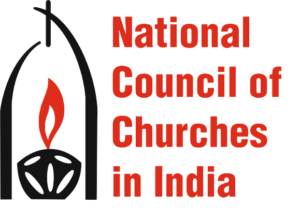
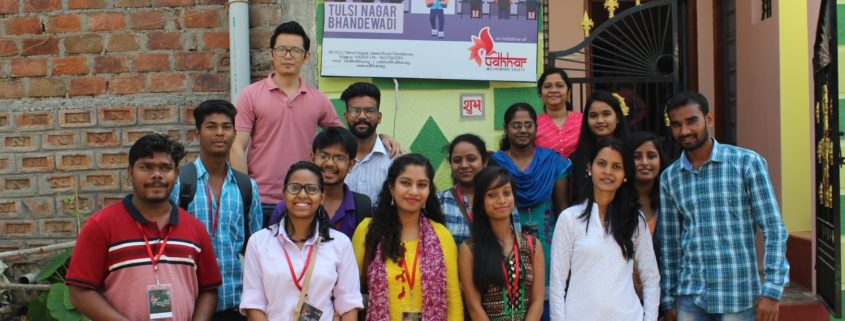
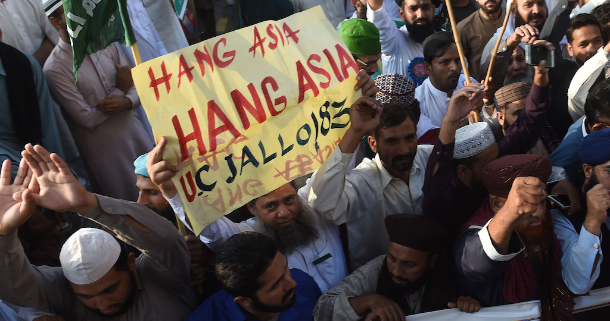



 This worldwide women’s prayer movement started in 1956 in the Philippines by an Indian woman called Shanti Solomon who was on a peace mission with an international team of Presbyterian women to overcome the wounds between countries caused by World War II. Her visa to Korea was refused, and she had to stay in the Philippines while the others moved on. In her vision that prayer surpasses national boundaries she got the idea that each woman – even the poorest – can contribute whenever she prays for peace and reconciliation by setting aside her ’least coin’. She got her insights from the parable of the widow’s mite in the gospel. This ecumenical prayer movement spread quickly among the Asian countries and beyond. Today all continents are part of it. Women’s fellowships of different churches in the world promote FLC movement. Participating Ecumenical Organizations are.
This worldwide women’s prayer movement started in 1956 in the Philippines by an Indian woman called Shanti Solomon who was on a peace mission with an international team of Presbyterian women to overcome the wounds between countries caused by World War II. Her visa to Korea was refused, and she had to stay in the Philippines while the others moved on. In her vision that prayer surpasses national boundaries she got the idea that each woman – even the poorest – can contribute whenever she prays for peace and reconciliation by setting aside her ’least coin’. She got her insights from the parable of the widow’s mite in the gospel. This ecumenical prayer movement spread quickly among the Asian countries and beyond. Today all continents are part of it. Women’s fellowships of different churches in the world promote FLC movement. Participating Ecumenical Organizations are.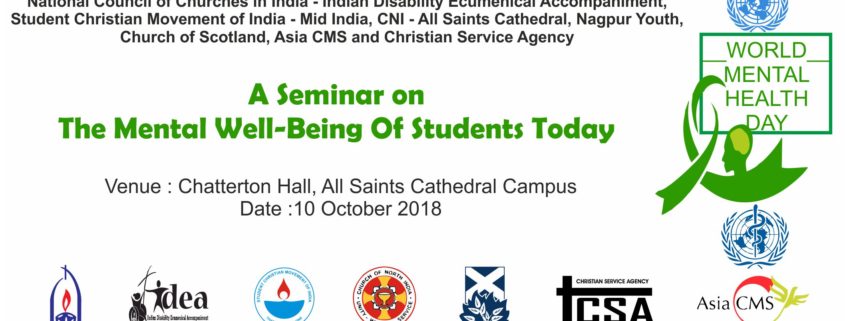



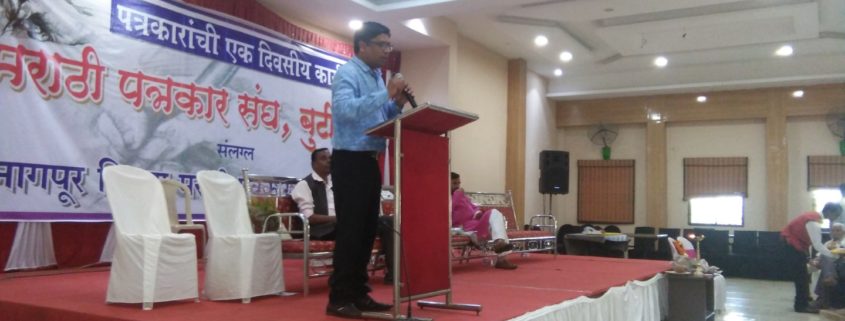

 Post-lunch, the Second Session discussed on the roles and responsibilities of the Journalist’s in the changing sociopolitical context. Dr. Bhola Sarovar slated that the role of the media is influential in social change and social innovation processes.
Post-lunch, the Second Session discussed on the roles and responsibilities of the Journalist’s in the changing sociopolitical context. Dr. Bhola Sarovar slated that the role of the media is influential in social change and social innovation processes.

